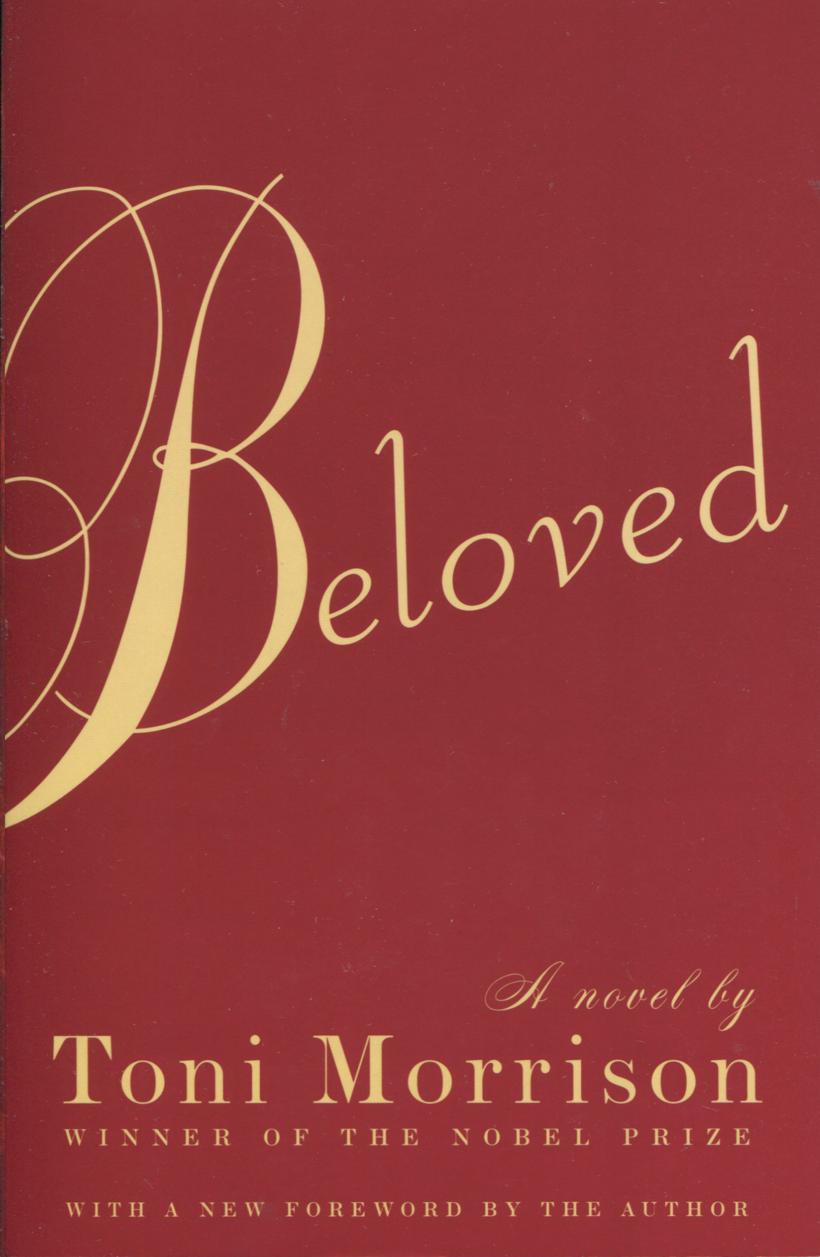


Morrison dissects the friendship spot on. Marriage, apparently, had changed all that, but having had no intimate knowledge of marriage, having lived in a house with women who thought all men available, and selected from among them with a care only for their tastes, she was ill prepared for the possessiveness of the one person, she felt close to.” They had always shared the affection of other people: compared how a boy kissed, what line he used with one and the other.

She had no thought at all of causing Nel pain when she bedded down with Jude. “She had clung to Nel as the closest thing to both another and a self only to discover that she and Nel were not one and the same thing. This passage from the second half of the novel describes in this manner: Morrison does an incredible job exploring the friendship in a way I had not read in fiction before. Sula left town for ten years and when she returned ends up betraying their relationship causing the end of Nel’s marriage to a man named Jude. However, there was an incident with a neighborhood boy that started a crack into their friendship and cemented their roles within the community. Hannah and Eva were seen as eccentrics to the community and that branding got passed on to Sula.ĭespite their differences, Sula and Nel became best friends. She has turbulent relationships with her mother Hannah and grandmother Eva. Sula Peace grew up in opposite conditions. Nel grew up in a stable home despite not having a father. The Bottom is an all-black community and became its own character in the novel. Nel Wright has been accepted by the community called The Bottom in the fictional town of Medallion. Morrison took a personal story of best friends in a fictional small midwestern Ohio town and made it universal amongst the dynamics of human relationships and societal change. America at that time (like now) was going through political and societal change. Sula was published in November 1973, and she began writing this tale of female friendship in 1969. Toni Morrison wrote the aforementioned words in the last paragraph of the foreword to the latest edition of her second novel, Sula. In Sula, I wanted to explore the consequences of what that escape might be, on not only a conventional black society, but on female friendship.” In much literature a woman’s escape from male rule led to regret, misery, if not complete disaster. “Outlaw women are fascinating-not always for their behavior, but because historically woman are seen as naturally disruptive and their status is an illegal one from birth if it is not under the rule of men.


 0 kommentar(er)
0 kommentar(er)
